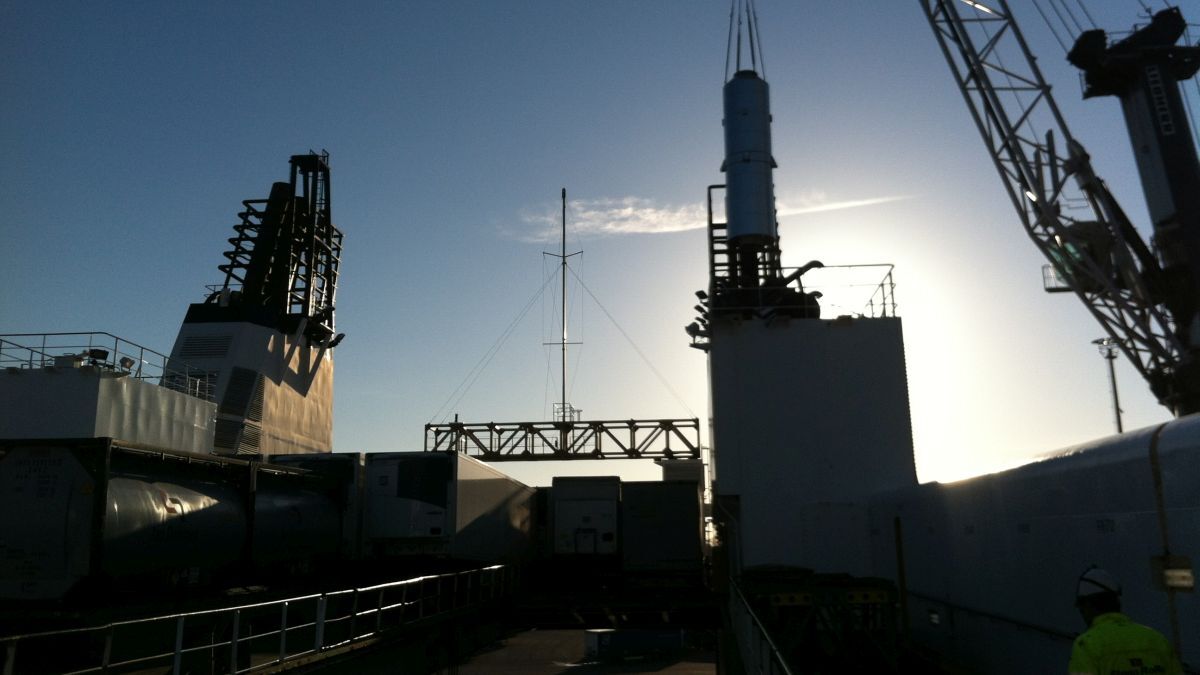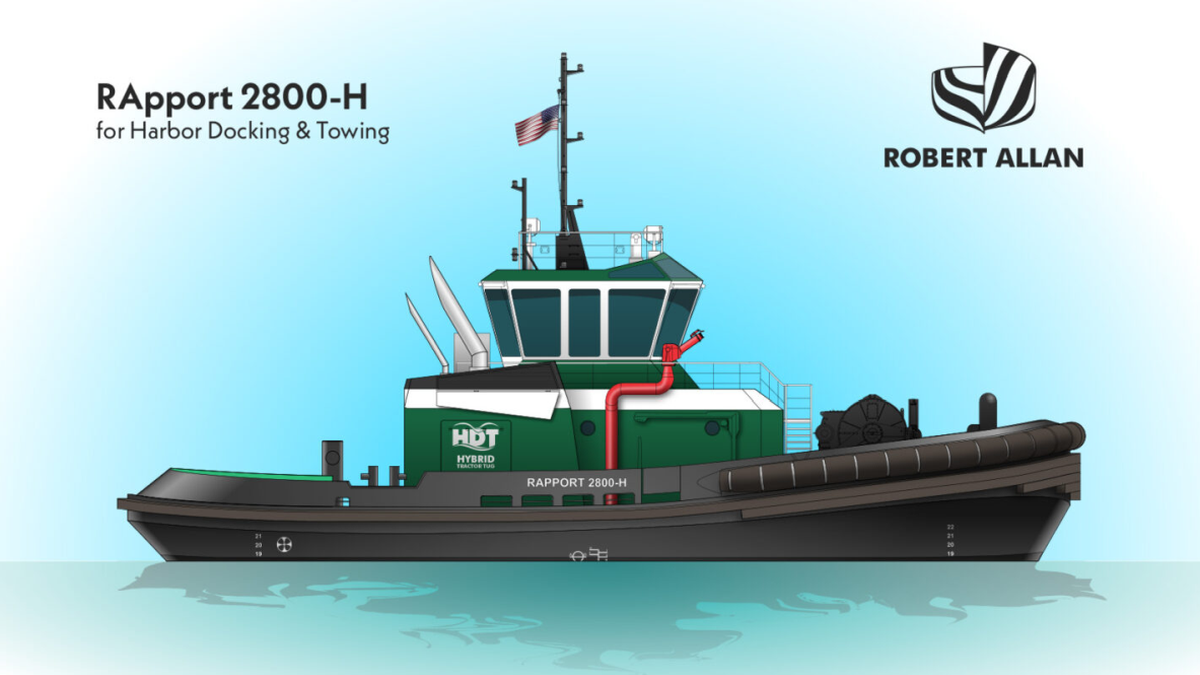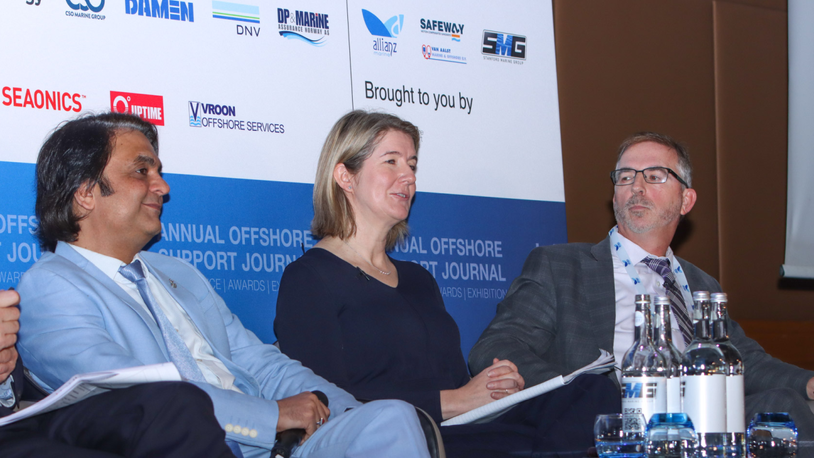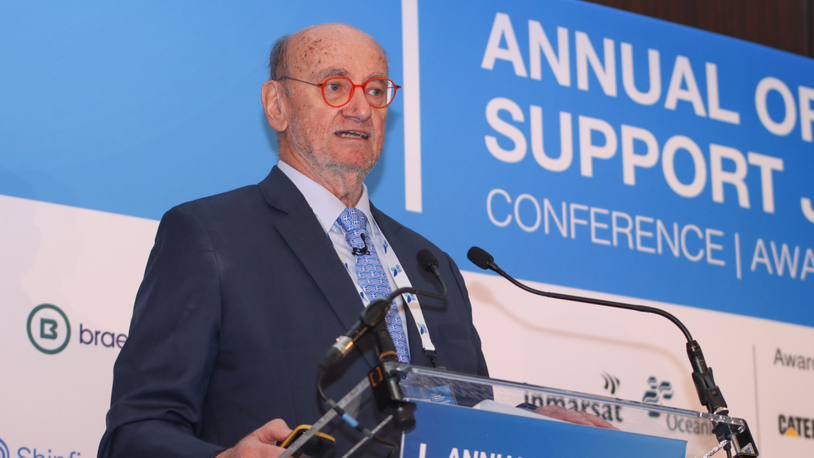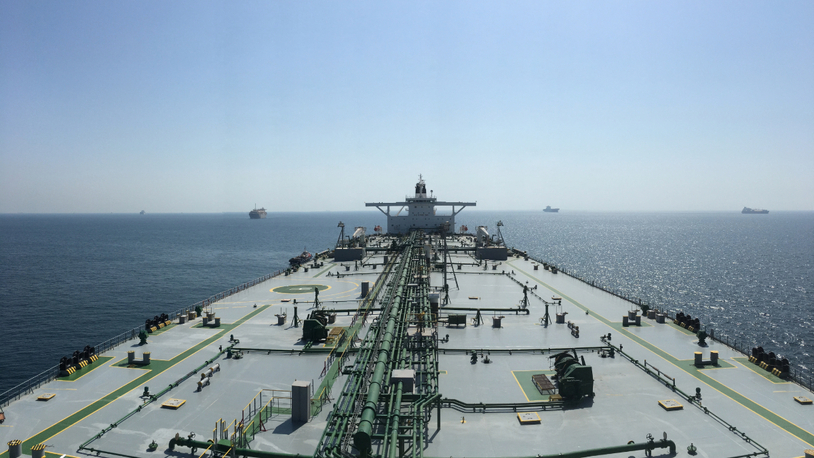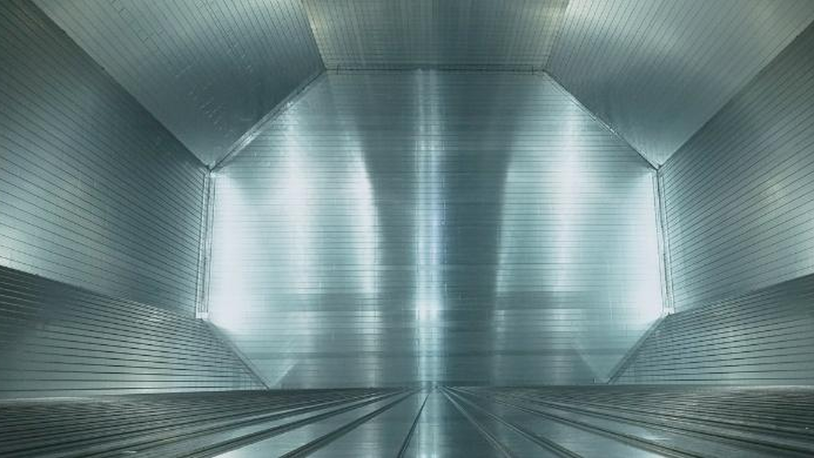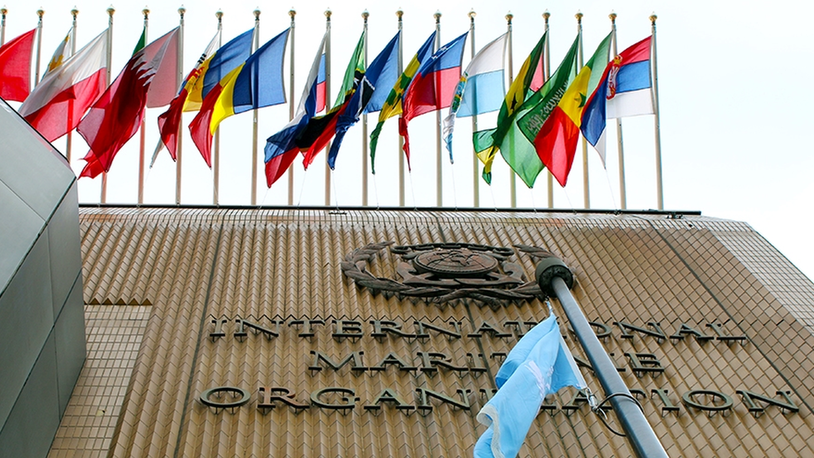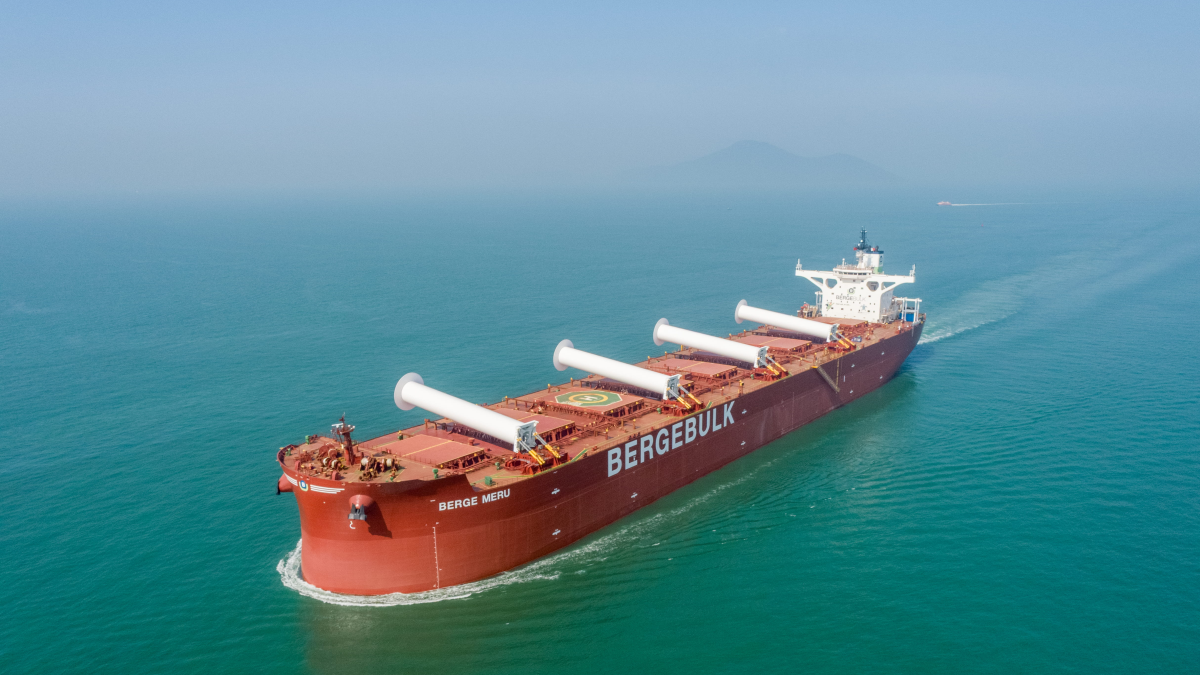Business Sectors
Events
Floating energy: successfully unlocking stranded gas using FLNGs and FSRUs
Contents
Register to read more articles.
OSPAR scrubber discharge ban to reshape compliance strategy
Open-loop exhaust gas cleaning system (EGCS) discharge to be banned in northwest Europe from July 2027; closed-loop discharges to follow in 2029
The 16 contracting parties to the Convention for the Protection of the Marine Environment of the northeast Atlantic – the OSPAR Convention – have agreed to phase out the discharge of wash water from EGCS in the northeast Atlantic’s internal waters.
This regulatory shift will see open-loop scrubber discharges banned from 1 July 2027. A broader prohibition on all EGCS discharges, including from closed-loop systems, will follow on 1 July 2029.
Confirmed in a July 2025 update from classification society DNV, the decision applies to vessels operating in the internal waters of Belgium, Denmark, Finland, France, Germany, Iceland, Ireland, Luxembourg, the Netherlands, Norway, Portugal, Spain, Sweden, Switzerland, the UK and the European Union.
The measure targets environmental impacts from scrubber wash water, particularly in ecologically sensitive zones. The OSPAR Convention serves as a regional mechanism for marine environmental protection across the northeast Atlantic.
It is further recommending the ban be extended to territorial waters (12 nautical miles) from 2027, subject to review by a dedicated working group.
Shipowners relying on open-loop EGCS for sulphur oxide emissions compliance are now faced with evaluating retrofit or fuel-switching options.
According to DNV, “Ships that can operate their EGCS in zero-discharge mode should not have any issues with the upcoming ban. However, holding tank capacity may limit operational flexibility for many ships.”
Vessels equipped with open-loop or hybrid systems without sufficient holding capacity should consider upgrades to support zero-discharge operations. Where such upgrades are not feasible, switching to compliant low-sulphur fuel in port and near-coastal waters remains the only viable alternative.
Modifications to existing scrubber installations will require full statutory re-approval under IMO guideline MEPC.340(77), which came into force on 1 June 2022. DNV notes conversions may necessitate updates to all related statutory documents.
Systems certified under the Marine Equipment Directive (MED) will require a new application, as MED certification allows for a single legal applicant responsible for the modified system.
While regulatory momentum is clearly trending towards discharge bans, debate remains over the environmental impact of scrubber effluent.
In a study commissioned by the Exhaust Gas Cleaning Systems Association, Danish consultancy DHI carried out a comprehensive environmental risk assessment, published in June 2021.
The study evaluated composite discharge samples from four merchant vessels using whole effluent toxicity methods combined with environmental dispersion modelling. It concluded the predicted environmental concentrations in various scenarios were below the predicted no effect concentration, resulting in risk characterisation ratios below 1.
“The risk to the aquatic environment can be considered acceptable,” the report stated. The most sensitive test was the larval development ratio in Acartia tonsa, a marine crustacean, which had a no observed effect concentration of 200 mL per litre.
Nevertheless, the OSPAR parties are proceeding on the precautionary principle, citing variability in discharge composition and limitations in monitoring.
Some states have already acted. Denmark, Finland and Sweden implemented bans on open-loop discharges within 12 nautical miles from 1 July 2025. A decision on extending the OSPAR ban to Mediterranean waters will rest with Spain and France.
Sign up for Riviera’s series of technical and operational webinars and conferences:
- Register to attend by visiting our events page.
- Watch recordings from all of our webinars in the webinar library.
Related to this Story
Events
Floating energy: successfully unlocking stranded gas using FLNGs and FSRUs
© 2024 Riviera Maritime Media Ltd.


